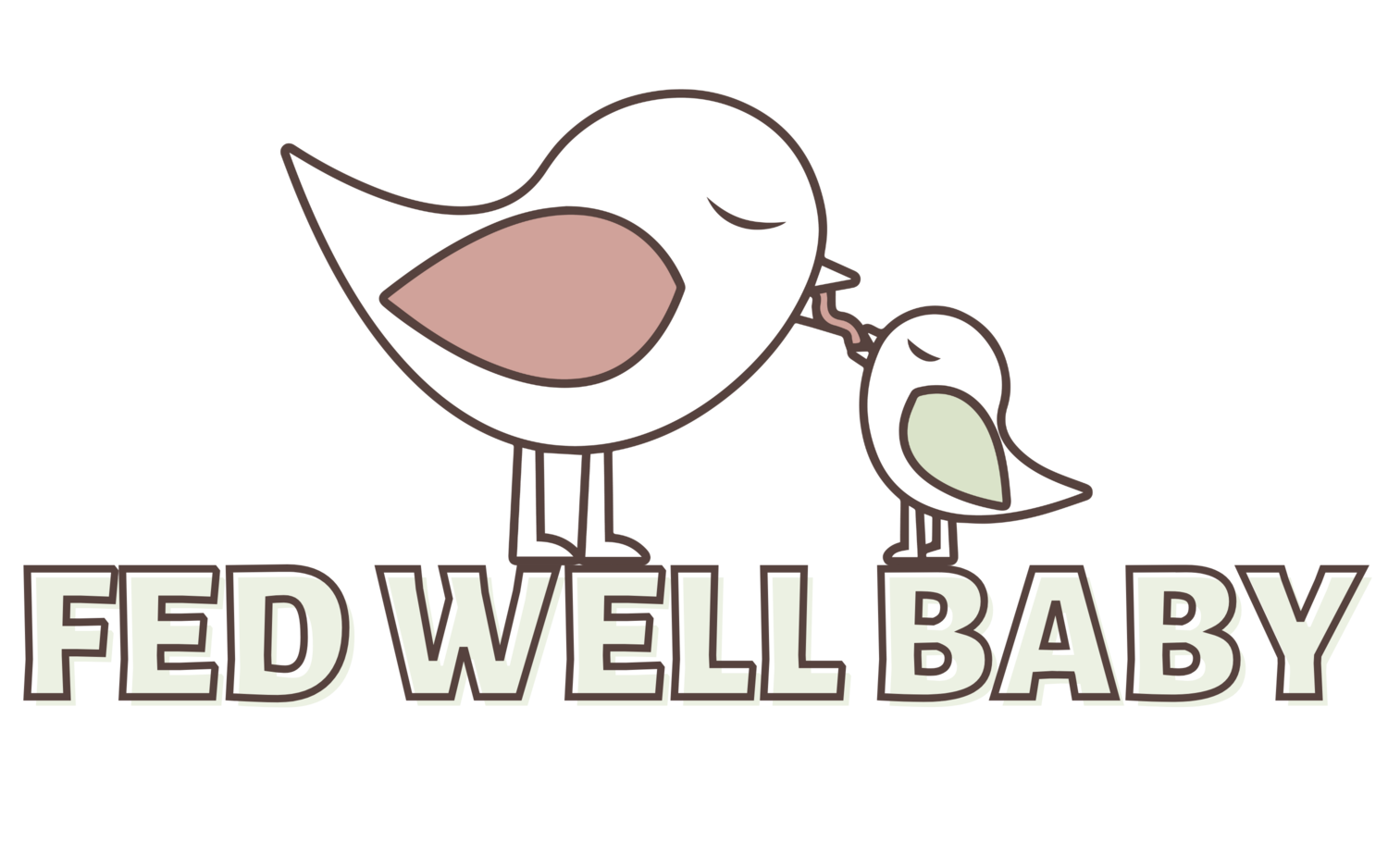Is Lead in Food Really a Concern?
Recently Lead Mama, LLC came out with some concerning findings about cassava flours having high amounts of lead. You can click here to read about one particular brand and click here to read about another brand that is quite popular - Bob’s Red Mill Cassava flour.
I am writing this blog post from the perspective of being a Holistic Nutrition Consultant who works primarily with breastfeeding moms on restricted diets for their food reactive babies. Many of these moms don’t have the ability to eat a huge variety of brands and so making the switch from one brand to another can be stressful. Not to mention the limited variety of food options in some cases. For some breastfeeding mothers or reactive toddlers, something like cassava can become a crucial staple food.
Heavy metals affect almost every body system and can wreak havoc and cause a multitude of health issues.
So what’s a mom to do when she wants to continue breastfeeding, her baby reacts to certain foods, and other “safe” food brands happen to contain lead or other heavy metals?
What about the mom who’s been eating tons of rice but rice is high in arsenic?
What about when certain packaged baby foods are allergy safe for your toddler, but they tested high for heavy metals?
What about eating fish that is high in DHA and crucial for baby’s brain development, but some fish can be high in mercury?
What’s a mom to do?
There are a few things I want you to understand.
One of the reasons why heavy metals are such a problem is because they can deplete the body of essential minerals like iron, zinc and calcium. This in turn leads to health issues since minerals are the “spark plugs” for our body.
On the flip side, if your body has high enough levels of certain minerals then it’s much more likely that your body can handle the toxicity of the metals because the minerals beat out the heavy metals to bind with transporters in the small intestine.
However, the opposite is true as well.
Studies have looked at people who are deficient in calcium and how this makes them more susceptible to lead poisoning.
I myself have seen high levels of lead in some toddlers not due to old toys or a 1950s house, but due to a depleted breastfeeding mother who is consuming foods that have higher lead amounts.
This doesn’t mean you shouldn’t breastfeed, it just means we need to address what’s really going on here.
Pregnancy is a season when it is very easy to become depleted in minerals. Breastfeeding is even more demanding on the body in terms of caloric intake needs and this can be an even more taxing time on your body and deplete essential minerals. That’s just basic facts. Unfortunately our health care system does a poor job supporting the nutritional needs of those in pregnancy and particularly postpartum (did your OBGYN ask you at your 6 week check up if you were eating a well-rounded diet, taking extra iron during blood loss and sticking with your prenatal?).
Throw in eliminating foods and it’s easy to see how this could become very problematic from the standpoint of someone who is already going to be more susceptible to a heavy metal burden if their mineral levels are not sufficient.
Some other examples:
Iron deficiency = higher lead absorption and cadmium absorption
calcium deficiency = higher lead absorption
Iron and arsenic compete with one another so insufficient iron could indicate higher levels of lead. You can see in this Hair Mineral Analysis Testing or HTMA. When I do HTMA testing for my clients, if arsenic shows up in high levels in the hair, I would be looking at iron levels!
So back to the original example of the cassava flour.
What should someone do if they use one of the brands mentioned on the Lead Mama website, or you are just concerned about heavy metals in food in general?
First, I don’t think you need to stress about this IF your minerals are in a good place. If you have good ratios of minerals, particularly after doing HTMA testing, then your body should be able to handle the amounts in food as long as you don’t go overboard on foods that tend to be higher in heavy metals.
This is why I often try and get my clients to rotate between things like quinoa, buckwheat, teff, etc. instead of just eating globs of rice or cassava all of the time. If this is something you could use some support in, click here!
The problem is that if someone' is already on a limited diet and relying on a food source that is high in heavy metals, you’re making yourself much more susceptible to actually being impacted negatively by that food.
The BEST thing to do, would be to sample your hair through HTMA testing and work on balancing your minerals. You’ll also get a picture of what heavy metals are currently showing up in your hair (or your little one’s hair!). You can learn more about HTMA testing that we do here.
Not only is this valuable testing for your food intake, but it also can help us sort through what other contributing factors may be a reason for you needing to be on such a limited diet in the first place.
Say what?
Remember what we talked about? Minerals are the spark plugs for every process in the body, and if minerals are depleted then health issues can ensue. Could this be a factor for your child’s symptoms?
This is a terrible cycle to get stuck on! Mom is depleted, baby has symptoms, so mom cuts out foods and becomes even more depleted.
HTMA testing is different from blood testing because it doesn’t matter what you fasted or what you ate before taking a sample. HTMA is looking at the root section of your hair to see what’s been going on for the last few months. It also looks more extensively at minerals and mineral ratios compared to routine bloodwork. Both have their place, but HTMA is giving a better snapshot of your minerals.
You can put off testing, but the problem is that blindly taking supplements (like extra calcium) can cause other minerals to get out of balance. Just because you are low in a certain mineral doesn’t mean someone else who is also breastfeeding dairy free is going to be low in that mineral too. This is why HTMA lab testing is so helpful because it gives such a clear picture of what is going on specifically in your body.
So to sum it all up - minerals are essential for every process in the body. Being depleted in minerals puts you at a higher risk for heavy metal toxicity. Pregnancy and particularly breastfeeding puts you at risk for mineral deficiency. Eating any form of a restricted diet also puts you at a higher risk, as well as consuming large quantities of foods that are known to be higher in heavy metals. Low minerals and high heavy metals can make you and your little one more susceptible to all kinds of health issues.
This is really a bigger conversation then than just what brands are safe vs not for lead. We can get stuck on the hype of whatever new food brand comes down the pipe line in the news as having “heavy metals” but this doesn’t ultimately help us take action in ways that REALLY offer support for our bodies.
We really need to be making sure that everyone is nourished well, detoxing properly and in a good place when it comes to their mineral levels.

